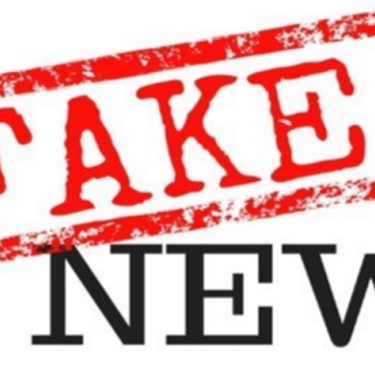“Fake news” bill will tighten gag on press freedom in Algeria

Reporters Without Borders (RSF) condemns an Algerian bill criminalizing “fake news” that “undermines public order and security” or “state security and national unity.” This vaguely worded and draconian legislation is designed to tighten the gag on press freedom, RSF said.
Passed yesterday by Algeria’s lower house, which was almost empty at the time because of the Covid-19 epidemic, the bill is due to be submitted today to the upper house, known as the Council of the Nation, where its approval is regarded as a formality.
Violating the new law will be punishable by one to three years in prison or twice that in the event of a subsequent offence. A first time offence will be punishable by up to five years in prison if it takes place “at a time of a public health lockdown or a natural, biological or technological catastrophe or any other form of catastrophe.”
“By amending the penal code in this way, the Algerian authorities are above all giving themselves tools that will allow them to gag press freedom,” said Souhaieb Khayati, the head of RSF’s North Africa desk. “We firmly condemn this vaguely worded and draconian bill that will enable the authorities to censor and intimidate online media and Internet users.”
The bill’s adoption follows a crackdown on the “Hirak” anti-government street protests and on the Algerian media. Two journalists are currently detained. One is Khaled Drareni, the editor of the Casbah Tribune and Algeria correspondent of RSF and TV5 Monde, who has been jailed since 29 March and is facing a possible ten-year prison sentence on a charge of “inciting an unarmed gathering and endangering national unity.” A joint appeal for his release was issued by Algerian and international NGOs including RSF on 2 April.
The other is Sofiane Merakchi, the correspondent of the Lebanese TV channel Al Mayadeen and a reporter for France 24 et RT, who was arrested in September and has been sentenced to eight months in prison on a charge of importing equipment without a permit and evading customs duties.
Access to three online media outlets, Maghreb Emergent, Radio M and Interlignes, has meanwhile been blocked in Algeria on the grounds that they have foreign funding and that they defamed the president.
Algeria has fallen five places in the 2020 World Press Freedom Index that RSF published on 21 April and is now ranked 146th out of 180 countries.



